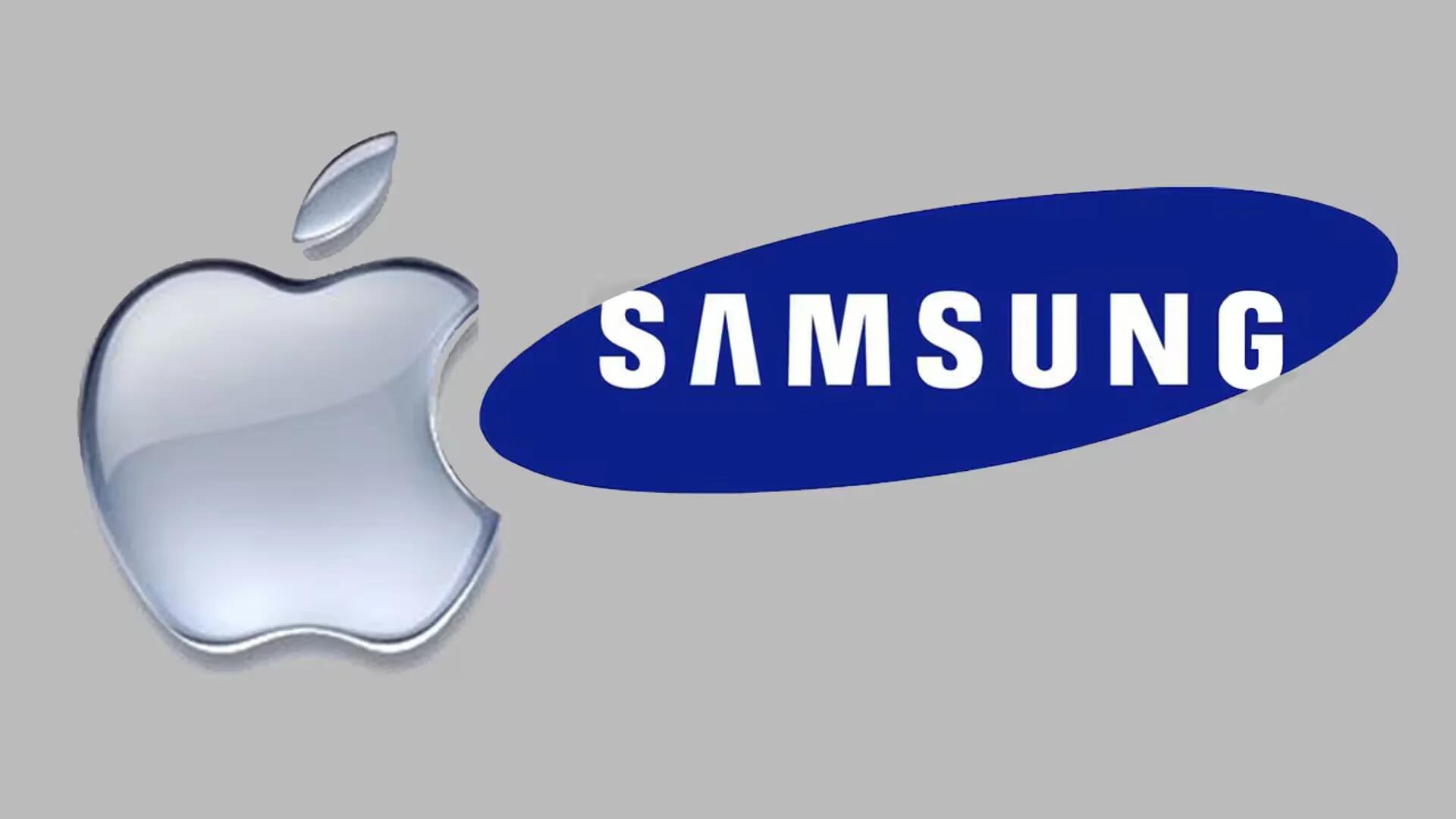U.S Federal court of California has passed a judgement in favor of Apple and bans selling of some of the old Samsung smartphones that have features that infringe three patents owned by Apple.
The smartphones covered under the order include Samsung’s Admire, Galaxy Nexus, Galaxy Note, Galaxy Note II, Galaxy S II, Galaxy S II Epic 4G Touch, Galaxy S II Skyrocket, Galaxy S III, and Stratosphere products, which are Samsung’s older smartphones. Most of these affected devices are outdated in the US and are no longer sold.
The verdict was passed on Monday by Judge Lucy Koh of the U.S. District Court for the Northern District of California and ruled that the permanent injunction would come into effect 30 days after the entry of the order.
Although Apple has own the case, the ban is effectively meaningless as noted by Foss Patents blogger Florian Mueller. As Mueller points out, the “quick links” patent is set to expire by start of February, whereas the court has given Samsung a month to comply with the injunction.
In addition, Apple’s “Slide to unlock” patent is controversial and may still be held invalid and the only devices covered by the injunction were Samsung’s Admire, Galaxy Nexus, and Stratosphere but not its flagship Galaxy Note and Galaxy S.
The “Slide to unlock” patent covers only certain graphical variants of the slide-to-unlock mechanism, but not the slide-to-unlock functionality as a whole. In fact, in the 2014 trial, Apple accused only the implementation in Samsung’s Admire, Galaxy Nexus, and Stratosphere products, but not to the implementation found in other products at issue in the same litigation, such as the Galaxy Note, Note II, S II and S III products. Therefore, Samsung can still provide the functionality by simply using a different implementation in its products.
Another interesting point about the “Slide to unlock” patent is that Europe has found the patent to be invalid and it will likely be held invalid in U.S if the validity of the patent is questioned.
The third patent, which is the “autocorrect” patent is also likely invalid not only in the preliminary opinion the Federal Circuit judges indicated at this month’s appellate hearing but also in the opinion of the USPTO’s Central Reexamination Division.
While the verdict has nearly no impact on Samsung, the company is still disappointed with the conclusion. In a statement to Bloomberg, Samsung said the ruling creates a bad precedent for future patent cases.
We are very disappointed. While this will not impact American consumers, it is another example of Apple abusing the judicial system to create bad legal precedent, which can harm consumer choice for generations to come.
Apple’s injunction request stems back to its winning a $119.6 million jury verdict against Samsung in May 2014. The Judge had earlier refused to issue a permanent injunction saying that Apple had not shown it would suffer irreparable harm without an injunction. Last September, the US Court of Appeals for the Federal Circuit disagreed, finding that Samsung should have been banned from using certain patented Apple features in its device.
In another patent infringement lawsuit in the same court, Samsung has paid up conditionally $548 million, which is a part of the damages award by a jury in another case in the California court for infringement of both Apple’s utility and design patents. The damage included all of Samsung’s profits from infringing products even though the patented designs are only minor features of those products.
Samsung is also asking the Supreme Court to review the principle for award of damages on design patents and legal experts, non-profit bodies, and tech companies have filed amicus or ‘friend of the court’ briefs in support of Samsung.
A joint brief from tech companies outlines concerns that existing patent laws could result in less choice and higher cost for consumers. The Computer & Communications Industry Association (CCIA), which has also filed a brief, is worried that laws on design-patent damages are already encouraging patent trolls to target companies that actually make products.
While this a symbolic victory for Apple, this verdict sets a dangerous precedent in other patent cases. We can only hope that the federal government will enact patent reforms, preventing so-called patent trolls from cashing in on intellectual property.
